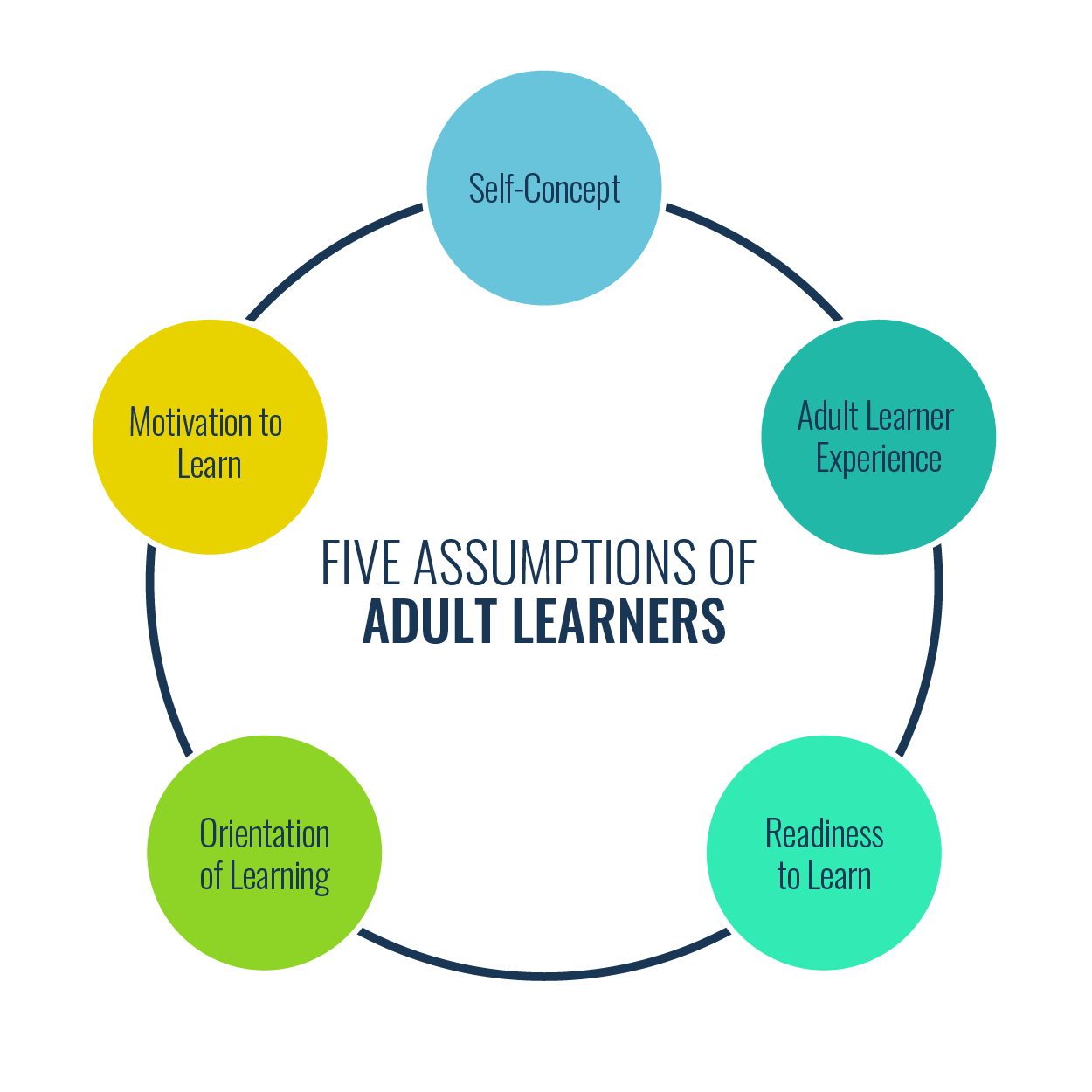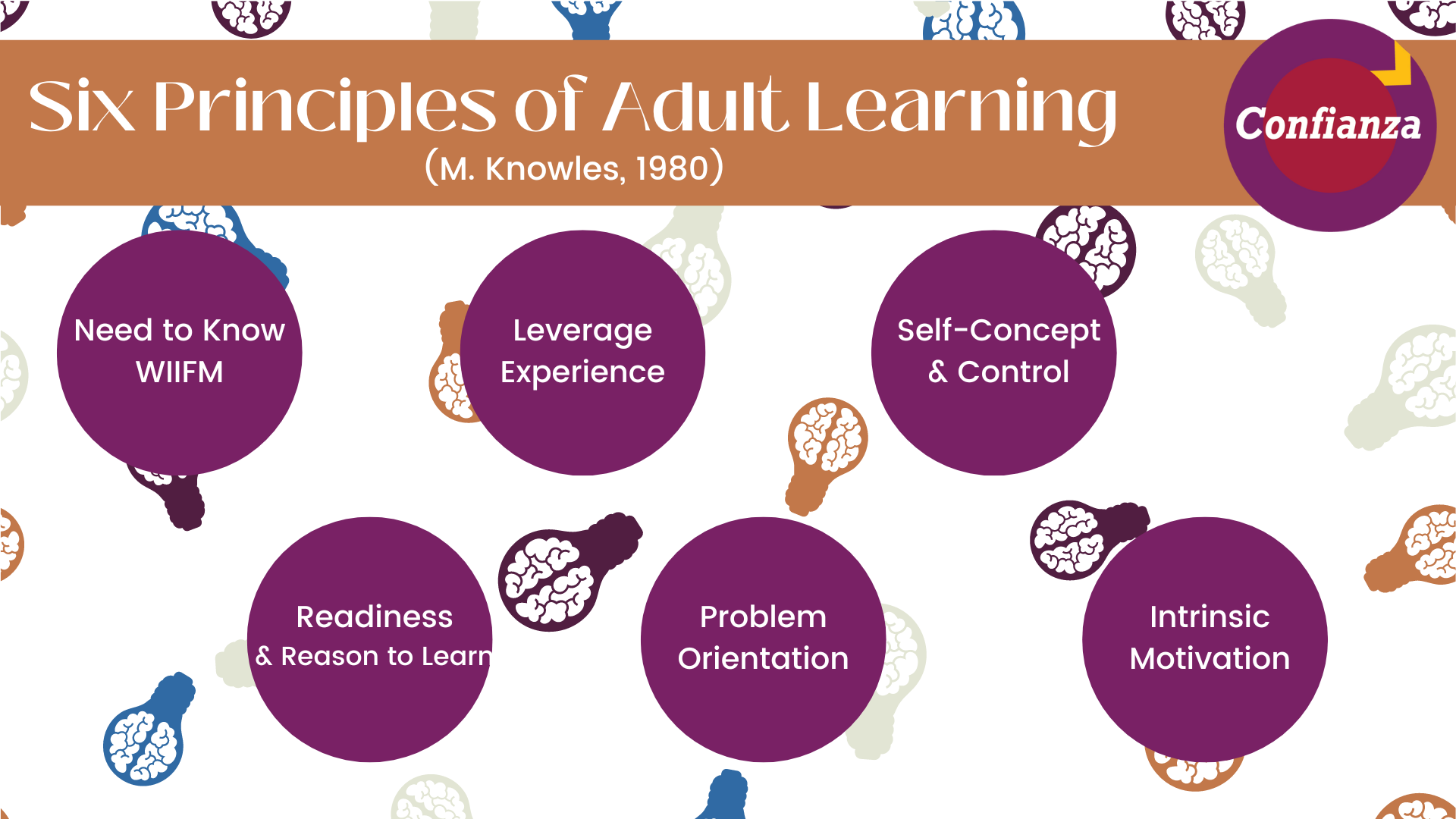Educational vacations for adults are transforming the travel landscape, offering a unique blend of leisure and learning. These enriching experiences go beyond typical tourism, providing opportunities for personal and professional growth through immersive learning in diverse settings. Whether exploring ancient ruins, mastering a new cuisine, or delving into a specific field of study, these vacations cater to a wide range of interests and learning styles, promising a rewarding and memorable adventure.
From historical explorations of European capitals to hands-on culinary courses in Italy, the options are vast and varied. The key differentiator lies in the intentional focus on learning and personal enrichment, often facilitated by expert guides and structured programs. This article will delve into the various types of educational vacations, their benefits, planning considerations, and the future of this rapidly expanding sector.
Planning and Logistics
Embarking on an educational vacation requires meticulous planning to ensure a seamless and enriching experience. Careful consideration of various logistical aspects is crucial for maximizing the learning opportunities and minimizing potential setbacks. This section provides a step-by-step guide and essential tips for adults planning their educational adventure.
Successful educational vacations hinge on effective planning and execution. From budgeting to choosing the right provider, each stage plays a critical role in determining the overall success and enjoyment of the trip. A well-structured plan allows for flexibility while mitigating unforeseen issues.
Step-by-Step Guide for Planning an Educational Vacation
A structured approach simplifies the planning process. Following these steps ensures a comprehensive plan addressing all key aspects of the trip.
- Define Objectives and Interests: Clearly identify the learning goals. What specific knowledge or skills do you aim to acquire? What subjects or destinations pique your interest?
- Research Potential Destinations and Programs: Explore various options aligning with your objectives. Consider factors like program duration, intensity, and teaching methods.
- Set a Budget: Determine a realistic budget encompassing travel, accommodation, program fees, activities, and miscellaneous expenses. Consider potential cost fluctuations and build in a buffer.
- Choose a Reputable Provider: Research potential tour operators and educational providers. Verify accreditation, read reviews, and compare offerings.
- Book Flights and Accommodation: Secure flights and accommodation in advance, especially during peak seasons. Compare prices and choose options that suit your needs and budget.
- Prepare Necessary Documentation: Gather all necessary travel documents, including passports, visas, and travel insurance information. Ensure documents are valid and readily accessible.
- Pack Appropriately: Pack clothing and essentials suitable for the climate and planned activities. Consider any specific equipment requirements for the program.
- Plan for Contingency: Account for potential disruptions, such as flight delays or unexpected expenses. Have a backup plan and sufficient funds to handle unforeseen circumstances.
Choosing a Reputable Tour Operator or Educational Provider
Selecting a reliable provider is crucial for a successful educational vacation. Thorough research minimizes risks and ensures a high-quality experience.
- Check for Accreditation and Licensing: Verify that the provider holds relevant accreditation or licenses, demonstrating compliance with industry standards.
- Read Reviews and Testimonials: Examine online reviews and testimonials from past participants to gauge the provider’s reputation and service quality.
- Compare Offerings and Prices: Compare programs, itineraries, and prices from multiple providers to find the best value for your investment.
- Contact the Provider Directly: Communicate with the provider directly to ask questions, clarify details, and assess their responsiveness and professionalism.
- Review the Terms and Conditions: Carefully review the terms and conditions, including cancellation policies, payment schedules, and liability clauses.
Budgeting and Managing Expenses, Educational vacations for adults
Effective budgeting is essential for managing expenses and avoiding financial strain. A detailed budget ensures you stay within your financial limits.
For example, a 10-day educational trip to Italy focusing on Renaissance art could cost anywhere from $3,000 to $8,000 per person, depending on the level of accommodation, flight costs, and chosen activities. A detailed spreadsheet outlining anticipated expenses is recommended.
- Create a Detailed Budget: Itemize all anticipated expenses, including travel, accommodation, program fees, meals, activities, and miscellaneous costs.
- Track Expenses: Monitor spending throughout the trip to ensure you remain within budget. Use budgeting apps or spreadsheets to track expenses.
- Consider Travel Insurance: Purchase comprehensive travel insurance to cover unforeseen circumstances, such as medical emergencies, trip cancellations, or lost luggage.
- Look for Discounts and Deals: Explore opportunities for discounts and deals on flights, accommodation, and program fees.
Selecting a Suitable Destination and Program
The choice of destination and program significantly impacts the overall learning experience. Careful consideration of various factors ensures alignment with personal interests and learning objectives.
For instance, someone interested in ancient history might choose a program in Greece or Egypt, while someone passionate about wildlife conservation might opt for a program in Costa Rica or Tanzania. The program’s focus and teaching style should also be carefully considered.
- Align with Interests and Objectives: Select a destination and program that directly aligns with your specific interests and learning goals.
- Consider the Program’s Format and Intensity: Evaluate the program’s format (lectures, field trips, hands-on activities) and intensity to ensure it suits your learning style and preferences.
- Evaluate the Instructor’s Expertise: Research the instructors’ qualifications and experience to ensure they possess the necessary expertise in the subject matter.
- Check Reviews and Feedback: Read reviews and feedback from previous participants to gain insights into the program’s quality and effectiveness.
Future Trends: Educational Vacations For Adults

The adult educational vacation market is dynamic, constantly evolving to meet the changing needs and preferences of learners. Several key trends are shaping the future of this sector, driven by technological advancements, shifting learning styles, and a growing awareness of sustainability. Understanding these trends is crucial for providers to remain competitive and cater to the evolving demands of their clientele.Technological advancements and evolving learning styles are significantly impacting the delivery and experience of educational vacations.
The integration of technology enhances the learning experience, making it more engaging and accessible.
Technological Integration and Personalized Learning
The increasing use of virtual and augmented reality (VR/AR) technologies offers immersive learning experiences, transporting participants to historical sites, scientific labs, or even the depths of the ocean without leaving the classroom. Interactive simulations and gamified learning platforms cater to diverse learning styles, fostering active participation and knowledge retention. Personalized learning pathways, driven by data analytics and AI, tailor educational content and activities to individual needs and learning preferences, optimizing the effectiveness of each trip.
For instance, a language immersion program might use AI to adapt lesson plans based on a student’s progress, ensuring they are constantly challenged and engaged.
Sustainability and Responsible Tourism
Growing environmental awareness is driving a demand for sustainable and responsible educational travel. Participants are increasingly seeking out eco-friendly accommodations, carbon-neutral transportation options, and tours that support local communities and minimize their environmental impact. Educational vacations that prioritize sustainability are not only ethically responsible but also offer a unique and enriching experience, connecting learners with the environment and local cultures in a meaningful way.
Examples include eco-lodges in the Amazon rainforest offering courses on biodiversity, or walking tours of historical cities focused on sustainable urban development.
The Rise of Experiential Learning and Niche Markets
Experiential learning is gaining prominence, emphasizing hands-on activities and real-world applications of knowledge. This trend translates to educational vacations that incorporate practical workshops, fieldwork, and opportunities for direct engagement with the subject matter. Simultaneously, niche markets are flourishing, catering to specific interests such as culinary arts, photography, wildlife conservation, and specific historical periods. This allows for a deeper dive into particular areas of interest, fostering a more focused and enriching learning experience.
Consider, for example, a photography tour focusing on wildlife in the Serengeti, or a culinary course exploring the regional cuisines of Tuscany.
Future Trends and Their Implications
The following points highlight potential future trends and their implications for the adult educational vacation industry:
- Increased Demand for Blended Learning Models: Combining online and in-person learning experiences will cater to diverse learning styles and schedules, offering flexibility and accessibility.
- Growth of Micro-Learning and Short-Term Trips: Shorter, more focused trips addressing specific learning objectives will appeal to busy professionals and those seeking shorter learning experiences.
- Emphasis on Wellness and Wellbeing: Integrating mindfulness practices, yoga, and other wellness activities into educational vacations will enhance the overall learning experience and promote personal growth.
- Focus on Digital Nomadism and Remote Learning Opportunities: Educational vacations incorporating opportunities for remote work will appeal to those seeking a blend of work and learning.
- Greater Integration of Technology for Accessibility: Using technology to create accessible and inclusive learning environments will expand participation to individuals with diverse needs.
Educational vacations for adults represent a powerful convergence of leisure and learning, offering a compelling alternative to traditional tourism and formal education. By thoughtfully planning and selecting a program aligned with personal interests and goals, adults can reap significant personal and professional rewards. As the industry continues to evolve, embracing sustainability and technological advancements, the potential for enriching and transformative travel experiences only grows brighter.
Further details about armed services vacation club is accessible to provide you additional insights.

